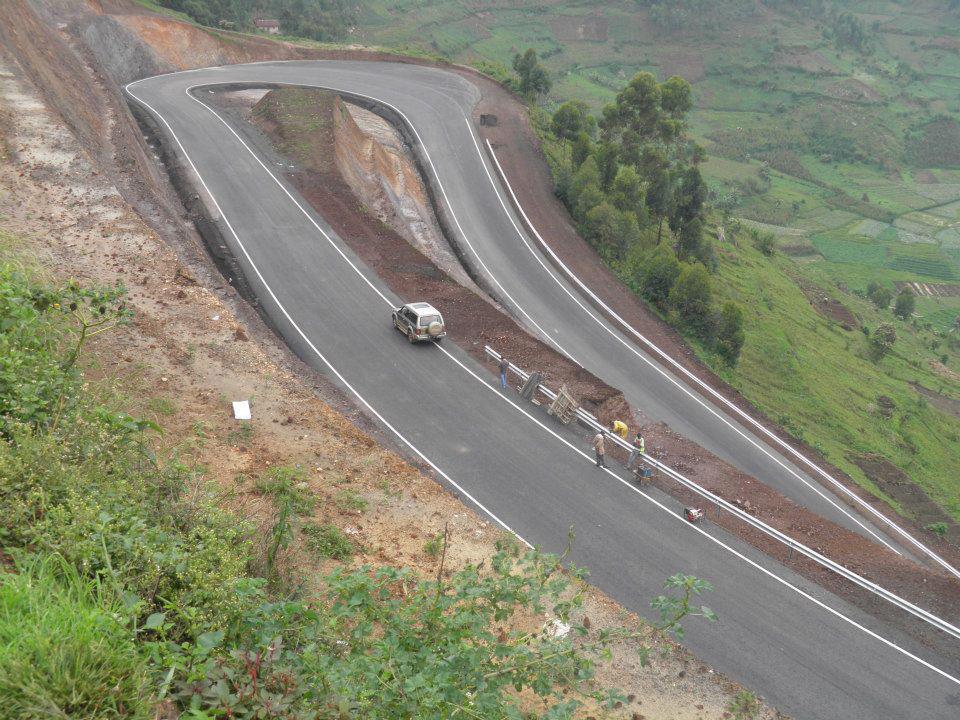If you are a first time visitor and you are looking at a self drive in Uganda during your visit, there are some driving rules and customs you might not be aware of that could get you into trouble.
- You will need an International Driving Permit to avoid inconveniences on the road.
- To rent a car in Uganda, a driver must be at least 23 years old and has held a valid driver license for a period of not less than 2 years
- The minimum age for driving is 18 years and third-party insurance is mandatory.
- When driving, Some Road conditions are generally poor and there are a large number of accidents, often involving inter-city buses and trucks. Take care!
- Driving conditions in Uganda’s national parks can be unpredictable as the roads around the parks are mainly dirt tracks and can become impassable after heavy rain.
- A 4×4 Uganda car hire is essential for safaris into the wilderness. It is important to choose the best 4×4 that will meet your needs.
- It is a good idea to drive defensively — always be aware of nearby vehicles and anticipate possible movements by other drivers.
- When there are emergency vehicles of any kind on the side of the road, drivers must change lanes away – or – slow down markedly. Such vehicles include law enforcement, fire vehicles, Ambulances, or even tow trucks.
- Vehicles are sometimes targeted by thieves so keep doors locked, windows up and valuables out of sight.
- Avoid driving out of town at night. If you become aware of an unusual incident, or if somebody out of uniform tries to flag you down, it is often safer not to stop.
- Highway signs are often colour coded to indicate what they mean. You must know how to interpret the road signs to avoid falling in danger.
- A lower speed limit is strictly enforced near schools Watch for kids, because they are everywhere and unpredictable. Keep an eye open particularly in the morning from 6-9:30 a.m. and later in the afternoon from12:30-3:30 p.m. Generally these are the times of day when children are going to school or leaving it to return home.
- . The speed limit on highways is 100 km/h (62 mph), outside built up areas – 80 km/h (50 mph) and 50 km/h (31 mph) in urban built up areas.
- You must stop for pedestrians to cross if you reach a zebra –crossing point, be on the lookout because you could injure or even kill a pedestrian crossing.
- Most gasoline stations require you to pay before filling up .so pay to the attendant and tell him whether you diesel or petrol of a particular amount. However the fuel prices differ from station to station.
- If you get lost on the road, park in an area where there many people like trading or shopping centres, you can even park at a hotel or restaurant. You can either ask or you will definitely see some signs to get you back on track. People will usually be eager to help.
- In the event of a flat tire or other road emergency, try to ease yourself to the right side of the road where there is a lane nobody is using – this is the shoulder. Put your emergency blinkers on to warn other drivers then contact someone for help.
- Avoid talking or chatting on phone while driving in Uganda. This is an offence because it gives you chance to lack concentration on the road.
- Wear a seatbelt and ensure children under 8 years have a car or booster seat. A policeman that stops you and finds you without your seatbelt fastened can ticket you. .
- If you have a baby sit in the back with him as it avoids distracting the driver and makes it easier to care for him. You can stop the driver and attend to the baby if he/she wants to ease himself.
- If you are stopped by a police officer, park ranger, or highway patrolman: Pull over to the right side of the road as soon as it is safe to do so and get off the road as far as possible. Putting on the emergency flashers is a good idea, especially after dark. The officer will park behind you in his or her car, then get out and walk up to you. He or she will first ask for your identification: (1) your driver’s license, (2) your registration papers for the vehicle, and (3) proof that you have insurance to cover any potential liability from an accident. If asked for those, hand the officer the license you have from home, your passport, and your rental agreement.
- Do not drink alcoholic beverages and drive. If you cannot do without it Make sure there is one in your party who will not drink and drives you. Do not keep any drugs or open bottles of alcohol, even beer, in the car. If police gets this with you, you will be arrested
- At intersections, drivers must give way to traffic from his right.
- In case of an accident, you must give to a police officer your name and address, the name and address of the car owner, and the number of the registration plates of his vehicle. You must also report the accident in person at the police station as soon as possible, but not later than 24 hours after the accident. The police number is 999 toll free
- If a driver needs to wear glasses or contact lenses, he must do that at all times while driving. The Uganda traffic police may require any driver to undertake an eyesight test.
- If you get involved in an accident, immediately contact your insurer and take pictures of the scene of the accident and the damage of the car.

Leave a Reply